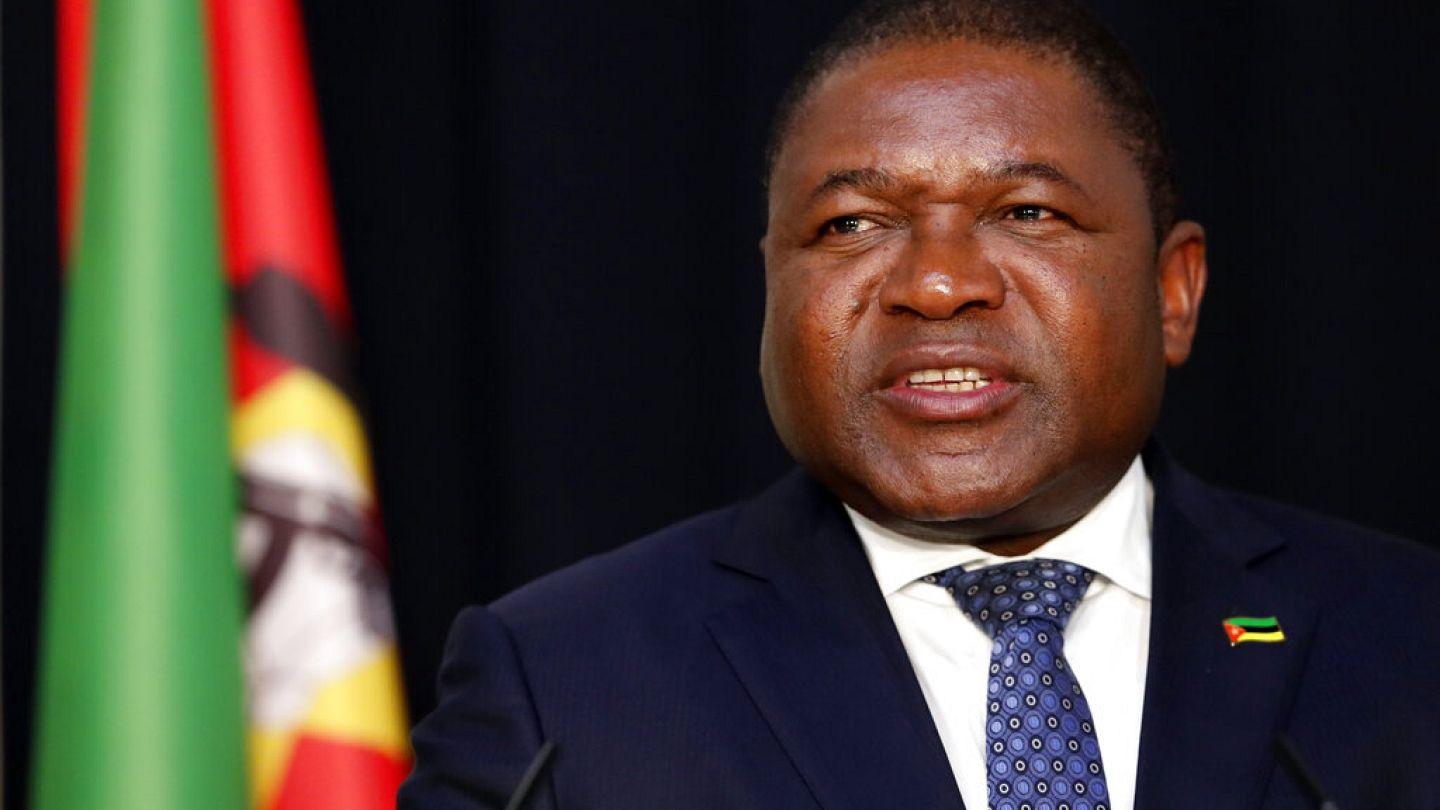Africa-Press – Mozambique. The President of the Republic, Filipe Nyusi, will participate, from tomorrow (Wednesday) until Friday, in Senegal, in the second edition of the African Food Summit (Dakar 2) held under the motto ‘Feed Africa: Food Sovereignty and Resilience’.
The President is accompanied by the Minister of Agriculture and Rural Development, Celso Corea; and by the Deputy Ministers of Foreign Affairs and Cooperation, Manuel José Gonçalves; and of Economy and Finance, Amílcar Tivane; members of staff of the Presidency of the Republic and other state institutions
The three-day Summit will be hosted by Macky Sall, President of tSenegal and Chairperson of the African Union, and co-hosted by the African Development Bank (AfDB) Group.
Held on 25-27 January 2023 in Dakar, Senegal, the Summit seeks to bring together Governments, Private Sector, Multilateral Organizations, NGOs and scientists to meet the escalating challenge of food security in Africa.
Expected outcome of Dakar 2
According to a press release by the AfDB, at the end of the High-Level Summit, it is expected that commitments will be made by Heads of States to:
About Dakar 2 Summit
Globally, 828 million people suffer from hunger, with Africa accounting for 249 million or a third of the number of hungry people in the world. Achieving the Sustainable Development Goal Number 2 on Zero Hunger cannot be achieved unless it is achieved in Africa. The United Nations has noted that Africa must be the focus, where “the number of undernourished is growing faster than anywhere in the world”.
Feeding the world therefore requires that the global food systems be changed to fully unlock the food production potential of Africa. This is the same clarion call of the United Nations “A profound change of the food and agriculture system is needed if we are to nourish more than 828 million people who are hungry today and the additional 2 billion people the world will have by 2050. Increasing agricultural productivity and sustainable food production are crucial to help alleviate the perils of hunger”.
Food shortages can cause serious social and political problems. As the United Nations Secretary General, Antonio Guterres said “governments must bolster agricultural production and invest in resilient food systems that protect smallholder food producers. “If we do not feed people, we feed conflict”.
Despite having 65% of the remaining arable land to feed 9 billion people in the world by 2050, the continent imports over 100 million metric tons of food at the cost of $75 billion annually. Africa has the potential to feed itself and contribute to feeding the world. It’s vast savanna areas alone are estimated at 400 million hectares, of which only 10% (40 million hectares) is cultivated.
Investing in raising agricultural productivity, supporting infrastructure, climate smart agricultural systems, with private sector investments all along the food value chain can help turn Africa into a breadbasket for the world. Achieving zero hunger in Africa will require between $28.5 billion and $36.6 billion annually. With the removal of barriers to agricultural development aided by new investments, it is estimated that Africa’s agricultural output could increase from $280 billion per year to $1 trillion by 2030.
To further diversify food supply sources for the world, amid the lingering effects of the war in Ukraine and its systemic effects globally, and to secure food supplies for Africa, it is now critical to support efforts to unleash the agricultural potential of Africa, for sustainable food production. Africa stands to gain, and the world stands to gain from such a concerted effort.
Scaling Up Successes: Food and Agriculture Delivery Compacts
It is now time to fully unlock its agricultural potential.
The strong political will of African Heads of State, availability of technologies and platforms to now deliver climate smart agricultural technologies to the scale of millions of farmers, incredible successes of some countries in achieving self-sufficiency in selected crops in a very short period, all show that Africa can achieve zero hunger targets. They also show that the time is right for global coalition of efforts around Africa to unlock its immense agricultural potential to become a global destination for meeting rising food supply shortages in the world.
This will require concerted efforts to deliver results in measurable ways. To ensure accountability to deliver results, the research and development systems, national food, and agricultural systems, will be structured around the development of “Food and Agriculture Delivery Compacts”.
The action-driven agenda of the Summit will:
For More News And Analysis About Mozambique Follow Africa-Press






